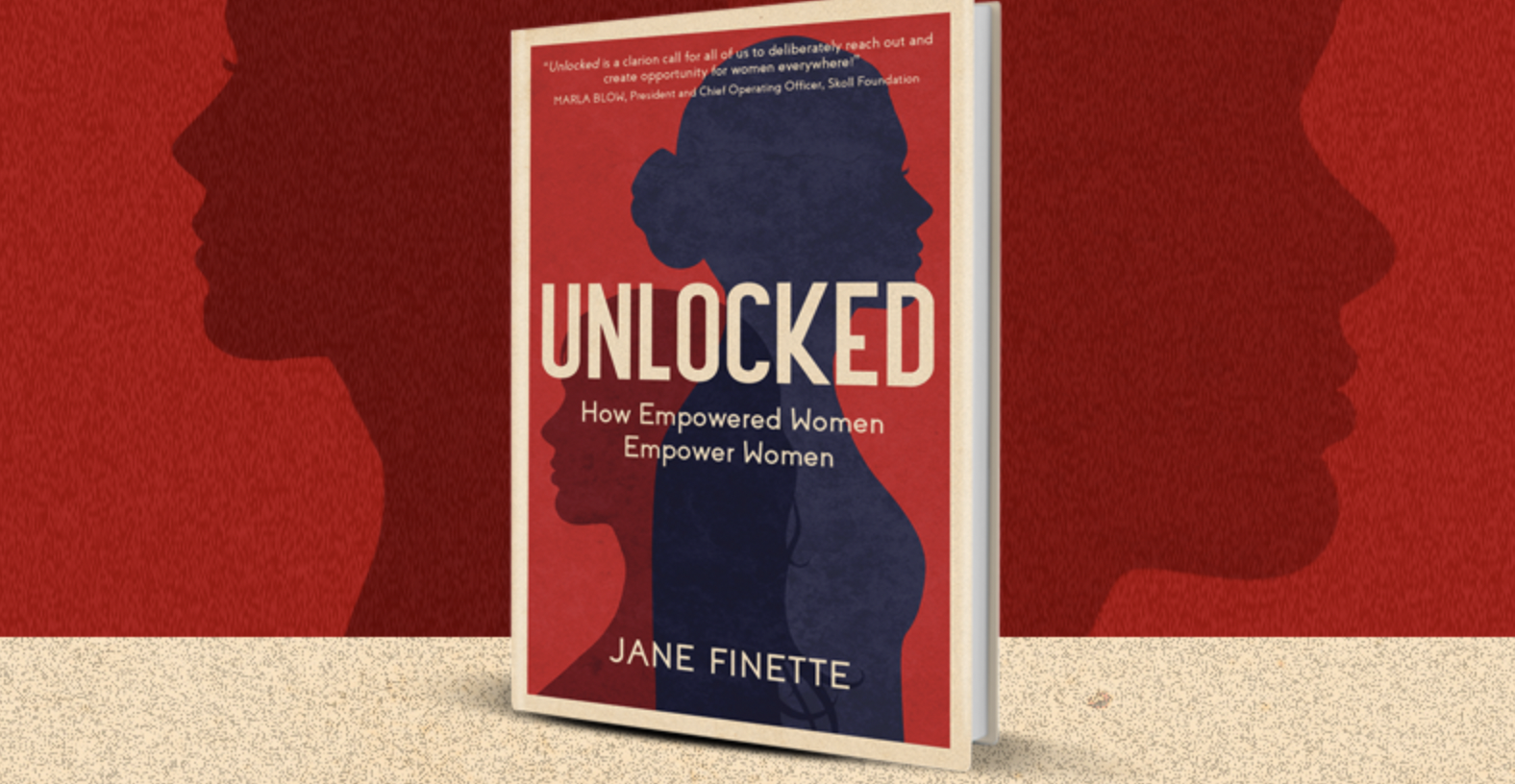When I was a CEO, I knew I needed co-pilots around my executive table. Piloting a business in an environment of increasingly fast-paced turbulence, with such high stakes decision making and so many strategy, execution, and leadership challenges, requires Collective Intelligence in the cockpit. I was running high technology aerospace hardware and software companies, serving […]
Continue readingHow COVID Has Impacted Corporate Culture

Corporate culture – it’s what brings many employees into your organization, then makes them want to stay put. If someone feels they “fit” in a workplace, they’re likely to be happy, motivated, and productive.
With that said, anyone who’s been paying attention has recognized that the last 18 months of global pandemic has caused the work environment to permanently change. Workers continue operating from home, with instructions on where they’ll be long-term seemingly pivoting on a weekly basis from kitchen table to office, then back again.
Furthermore, even as they work from home, employees are increasingly recognizing they run the risk of being overlooked when new opportunities arise in the office setting.
This all makes it challenging (to say the least) to maintain many of the variables that comprise corporate culture, with home-based staff likely to also miss their colleagues. Their inability to communicate with others in an organic fashion can leave these employees feeling isolated, regardless of how many Zoom calls they may be participating in.
Making matters worse, there’s a war for talent that’s raging around us that has raised our attention to previously unseen levels regarding the impact of corporate culture on the whole work experience.
What Your People Are Saying
An overwhelming number of full-time, on-site employees have converted to (sometimes extremely) remote locations, doing the bulk of their work via digital platforms. Hybrid employees are insisting on the ability to work from home two or three days each week, returning only to ensure they’re still remembered when fresh opportunities arise.
Perhaps not surprisingly, studies have shown that companies that had strong workplace cultures outperformed their competition in 2020. However, many of these organizational behaviors and habits were cast aside due to spasms caused by reactions to COVID-19.
In most instances, pandemic-induced workplace turmoil encouraged employees to put up with these changes in an effort to hold tight to their jobs.
Once again it’s mayhem in the labor markets. Job postings are now at record high levels, with companies being forced to increase pay and benefits in a desperate attempt to fill positions at every level. Workers are leveraging their newfound power, attempting to balance the scales and compensate for what they see as the previous 40 years of management over-reach.
Changing With The Times
In the past, a healthy corporate culture was typically seen as essential to a company’s ability to grow. Not so today, where employee and customer safety have been taking priority over productivity. This suggests potentially significant consequences for brands, customer experiences, and long-term company reputations.
High on the list of needed adaptations are the emotional challenges that come from layering health concerns over a sense of hopelessness, feelings of non-existent economic opportunity, and the general increase of Caesarism around the world. Providing stability for team members’ mental states will go a long way to bringing balance to a workforce, productivity, and profits.
Demands for culture change are making us all focus more on corporate norms, values, assumptions, and behaviors that existed prior to the pandemic. These are usually a clear indication of who you were and can be expected to be deeply entrenched within any organization.
True, you may now do things differently, but the very basis of the organization’s philosophies are being put under the microscope as well. This is all intended to guide us towards a positive path where workers want to be part of long-term solution to your organizational challenges.
You may, for example, have changed your employee feedback structure from annual reviews to weekly operational discussions. While this permitted a focus on short-term problem-solving, managers often sacrificed depth. Many managers were even apprehensive about conducting career discussions, given payroll freezes that had been put into place in response to COVID.
What The Future May Bring
As the virus lingers and billions remain unvaccinated, either by circumstance or by choice, radical changes are being forced upon every industry, regardless of geography. Assumptions, strategic plans, and the visions of founders and organizational leaders are being called into question at every turn. The economic impact will be felt for years to come, forcing leaders to adapt if they’re to survive and thrive.
All of which suggests that the organizations most successful and maintaining a long-term upwards trajectory will have these things in common:
- A commitment to respecting employees, treating them as valued members of the family, rather than merely as machinery parts that are easily replaced.
- A desire to encourage intellectual curiosity and a willingness to think differently from the competition.
- Encouraging team members to provide long-term value that benefits them, as well as the company.
- Virtual awards gatherings, remote company town halls, online events, and social responsibility initiatives.
- Compensating staff at a rate that’s higher than the standard market rate.
- Allowing employees to have a voice in how the company is run.
And Your Next Step Is…
Meaning as we move forward collectively, decisions must be made to address the demands for health, safety, economic stability, collaboration, and personal privacy. And every business executive must determine whether these demands will be met with a “business as usual” mentality, or an adaptation to a “new normal.”
Arguably, corporate leaders who take advantage of this opportunity to reinvent the workplace will create significant strategic, cultural, talent, and operational advantages for their organization in a post-COVID-19 market. However, it will take time, leadership commitment, and transparency if employees are to find balance and feel they can trust management moving forward.
As our global economy emerges from the pandemic, it’s time to get back to the rituals that companies used to promote culture and provide an environment where people can be the best version of themselves.
Companies that support flexible working practices and telecommuting to suit individual needs are likely to be in the spotlight long after the immediate impacts of COVID-19 are over – with the potential to attract and retain the most talented workers.




















